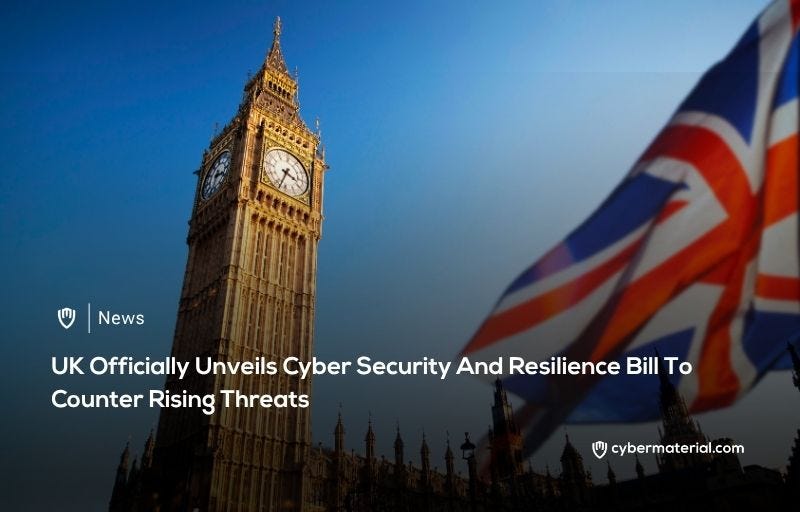
The UK government has brought the Cyber Security and Resilience Bill before Parliament to upgrade the nation’s defenses against growing digital threats. This legislation, presented for its first reading, focuses on reforming the Network and Information Systems (NIS) Regulations 2018 to enhance the protection of essential public services and crucial digital infrastructure. The primary goal is to improve the security posture of key sectors, including healthcare, energy, water, and transport. By strengthening cyber protections for the organizations that underpin daily life and economic activity, the government aims to significantly reduce the risk of disruption to vital public services, such as hospitals and utilities.
The introduction of this Bill is a direct response to a significant escalation in cyber threats targeting the UK. Current data indicates that the country is now confronting, on average, four major cyberattacks every week, with large businesses and critical infrastructure frequently being the targets. This heightened level of threat severity and frequency has created an imperative for organizations and their insurers to rapidly bolster their cyber resilience. The proposed framework seeks to address this pressure by establishing clearer, more stringent security requirements.
A major reform within the proposed legislation involves bringing certain medium and large companies under regulation for the first time. This specifically targets firms that provide IT management, help desk support, and cyber security services to both public and private sector entities. Given that these firms often possess trusted, privileged access to government networks and critical infrastructure, their inclusion is seen as a necessary step to secure the wider digital ecosystem.
Under the new laws, these newly regulated IT and cyber security firms would be mandated to meet specific security obligations. Key requirements include the obligation to promptly report any significant cyber incidents they experience and to maintain robust, tested incident response plans. This move aims to enforce a higher standard of security diligence among key service providers, ensuring faster identification and mitigation of threats that could potentially cascade across multiple organizations.
Furthermore, the Bill grants regulators new powers to formally designate certain suppliers as critical to the UK’s essential services. This designation would apply to companies, such as those supplying diagnostics to the NHS or vital chemicals to water utility firms, provided they meet predefined criteria. Designated suppliers would be required to comply with specific, minimum security standards, thereby addressing supply chain vulnerabilities that are frequently exploited by sophisticated cyber criminals.
Reference:
The post UK Unveils Cyber Security Bill first appeared on CyberMaterial.


